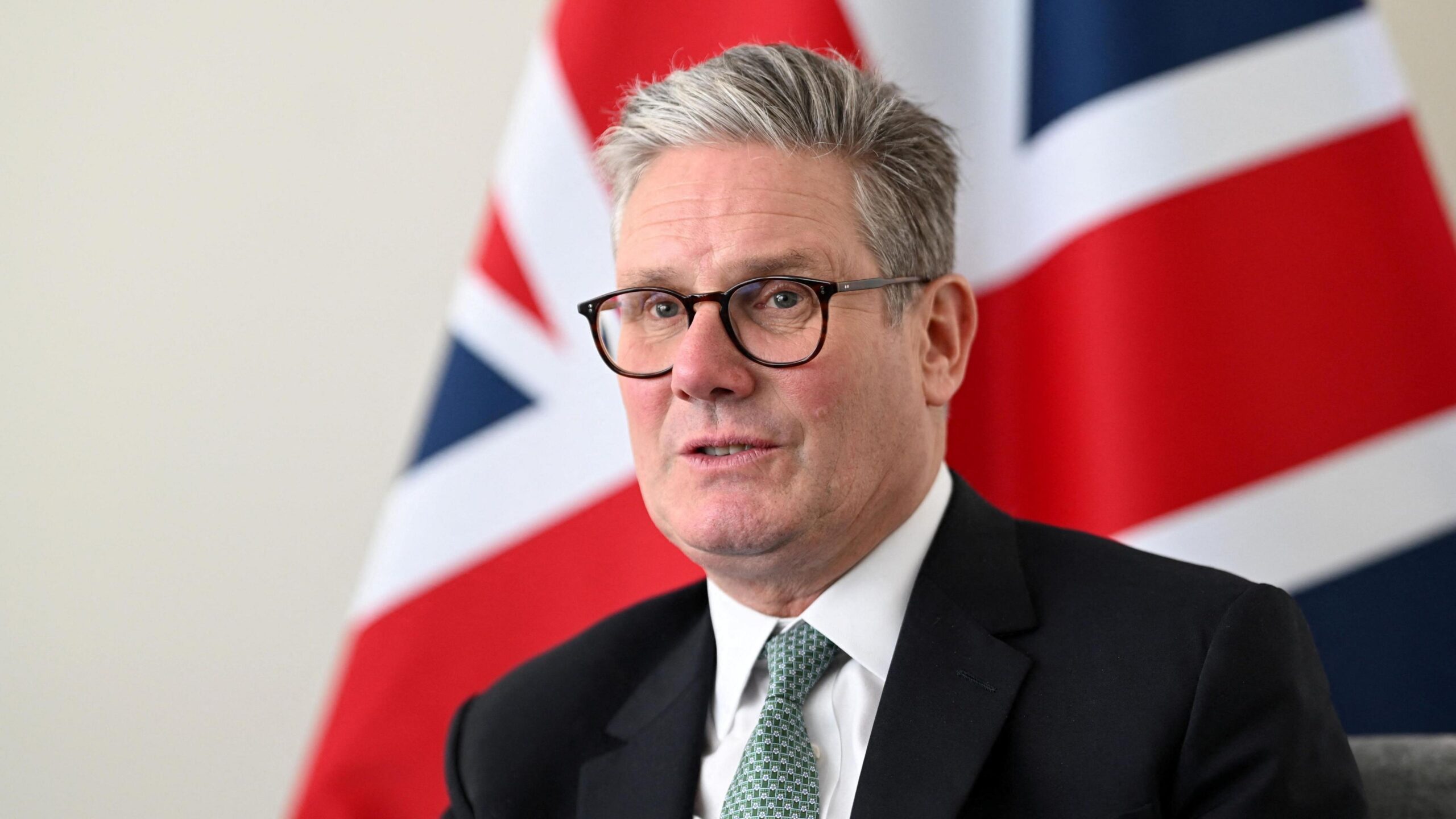Keir Starmer’s rise from opposition leader to prime minister has reshaped the UK’s political direction. After more than a decade of Conservative rule, his Labour government enters power with a clear mandate to restore competence and rebuild public trust.
Rather than grand ideological shifts or flashy promises, Starmer brings a quiet but focused vision: one of institutional repair, responsible leadership, and measured reform.
Rebuilding Labour and Restoring Public Confidence
When Starmer took over as Labour leader in 2020, the party was in disarray. It had suffered a heavy electoral defeat and faced widespread public scepticism. Over the next few years, he worked to restore credibility—tackling internal divisions, enforcing discipline, and steering the party toward the political centre.
His strategy paid off. In the most recent general election, Labour won a strong parliamentary majority. The result reflected growing frustration with Conservative mismanagement and signalled public confidence in Starmer’s steady, professional leadership.
A Focused Agenda for Government
Since entering office, Starmer has prioritised calm, effective governance. His early agenda focuses on repairing vital public services and stabilising the economy. The main pillars include:
Reviving the NHS
After years of mounting pressure, the National Health Service faces staff shortages, long wait times, and underinvestment. Starmer’s government responded quickly with emergency funding and plans for long-term reform. New recruitment targets and infrastructure upgrades are already underway, with an emphasis on expanding primary care and local services.
Improving Education Access
Education is another key focus. The government has pledged to hire thousands of new teachers and invest in underfunded schools, especially in disadvantaged areas. Plans also include curriculum updates, restored support for the arts, and a shift toward practical and vocational training. Labour has promised to phase out tax breaks for private schools, reallocating resources to the state sector.
Rebuilding the Economy
With inflation easing but growth still weak, the government has introduced an economic plan centred on targeted investment. Rather than aggressive spending or deep cuts, the budget focuses on boosting productivity through infrastructure, housing, and clean energy projects. Fiscal responsibility remains a guiding principle.
Tackling the Housing Crisis
The housing shortage is a national concern. The government has begun loosening planning laws to speed up construction and pledged greater protections for renters. A Renters’ Reform Bill is expected later this year, aimed at ending no-fault evictions and capping annual rent increases.
A New Tone in Leadership
Starmer’s leadership stands in stark contrast to the volatile style of recent administrations. His cabinet features experienced ministers focused on policy delivery rather than media headlines. Government communications have shifted to clarity and substance, reducing political drama and emphasising results.
While this understated approach has earned admiration for professionalism, critics argue it may lack urgency. However, Starmer appears committed to steady progress over quick wins.
Rebuilding Foreign Relationships
On the global stage, Starmer’s government has begun mending ties damaged in recent years. Though rejoining the EU isn’t on the table, the UK is pursuing stronger cooperation in areas like trade, research, and security. Talks with European partners have resumed in a more constructive tone.
Elsewhere, the UK has reaffirmed its commitments to NATO and international development. Climate diplomacy and humanitarian aid have returned as visible parts of foreign policy.
Public Expectations and Political Landscape
So far, public response to Starmer’s leadership has been cautiously optimistic. Many welcome the return of stability and seriousness in government. At the same time, there is pressure for faster progress—particularly on health care, cost of living, and housing.
The Conservative Party is now in opposition and undergoing internal leadership struggles. With its future direction uncertain, Starmer’s majority gives him political space, though public patience may prove limited if reforms stall.
A Long-Term Vision in Motion
Keir Starmer’s early months in office suggest a long-term approach built on consistency, institutional respect, and realistic policymaking. He has moved deliberately to re-establish trust and competence in government, resisting populist shortcuts or sweeping ideological shifts.
Whether this steady strategy can bring about real, lasting change remains to be seen. But one thing is clear: Britain has entered a new phase—less defined by disruption and more by the slow, steady work of rebuilding.
